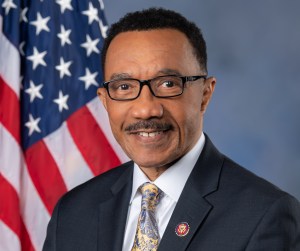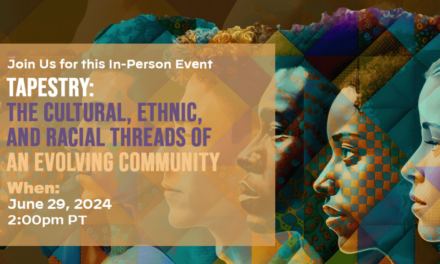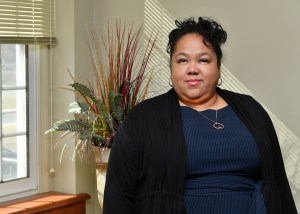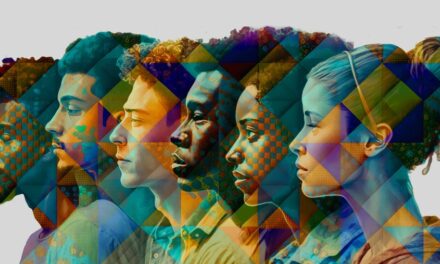
Congressman Kweisi Mfume
By Congressman Kweisi Mfume
Students are now returning to school for another year, and I couldn’t be more concerned about how prepared they are to learn. COVID-19 is still a threat that has for 18 months disrupted their learning patterns, skill set and normal social interaction, so it’s important that we do what we can to keep kids safe from catching COVID or spreading it to others. If you think your child might be sick, don’t send them to school. If your children are eligible to get the vaccine, get them vaccinated. Remember: over 5 billion doses of the vaccine have been administered across the globe already. The vaccine is incredibly safe but COVID is incredibly deadly.
Kids are returning to school, many for the first time in a long time. This is exciting because school is a really special place. Like so many others, I owe much of my life to it. Without school, I would likely be in a very different place than I am now, and I could be a very different person than I am now. But why is school so transformational? Here, I think Frederick Douglass and others who paved the way for us have much to teach us.
Frederick Douglass was born a slave in Maryland. When he was about 12-years old, Douglass began to learn to read. The slave owner, however, objected. He believed that literacy was contrary to slavery because literacy promoted freedom.
Today, many like to imagine that school is for learning practical skills that will help you succeed in the workforce. While this is a significant component of schooling, one that Douglass argued is crucial, it is not the only thing taught in schools. Douglass believed that “education…means emancipation.”
In an 1894 speech at the Manassas Industrial School for Colored Youth, Douglass argued that it’s man’s mind that makes him great. Man is neither as fast as the horse nor as strong as the ox. What makes man special is “in his head.” For this reason, Douglass sometimes argued that the “mere act of enslaving” wasn’t the worst thing done to Black men and women. More terrible were the “mental and moral wrongs” of slavery, particularly the fact that for “two hundred and forty years the light of letters was denied , and the gates of knowledge were closed against him.”
If you have ever spent time with small children, you know that, although their thoughts are often surprisingly creative and intelligent, their thoughts aren’t always very developed or sophisticated. Indeed, this is often part of what it means to be a small child. School plays a large role in teaching us how to think so that we can have more developed and sophisticated thoughts, so that our minds evolve from those of small children into those of liberated adults. This is why education was criminalized by slave owners and largely withheld from Blacks in different ways thereafter. Education teaches people to think. It sets the mind free. As Douglass forcefully noted,“ means light and liberty. It means the uplifting of the soul of man into the glorious light of truth, the light only by which men can be free. To deny education to any people is one of the greatest crimes against human nature. It is to deny them the means of freedom and the rightful pursuit of happiness, and to defeat the very end of their being.”
In the lives of today’s students, it may not seem like it when you are learning long division and multiplication tables or understanding subject/verb agreement but education is a gift, one that slaves and generations of black people have been denied. Douglass ultimately found a way to educate himself and this is what enabled him to free his mind, expand his capacity to think, and become a giant in his time. As we embark on a new school year, let’s take a moment to remind our children of Douglass’s legacy and the path he travelled to get to where we are so that they understand what a gift education is. Let us also teach them that it is their responsibility to use that gift to better themselves and others.
Their teachers are not just those in the classrooms but rather and more importantly their teachers are those of us in their homes.
The opinions on this page are those of the writers and not necessarily those of the AFRO. Send letters to The Afro-American • 145 W. Ostend Street Ste 600, Office #536, Baltimore, MD 21230 or fax to 1-877-570-9297 or e-mail to editor@afro.com
Help us Continue to tell OUR Story and join the AFRO family as a member – subscribers are now members! Join here!
The post Op-ed: Back to school: What history teaches us about education appeared first on AFRO American Newspapers .











